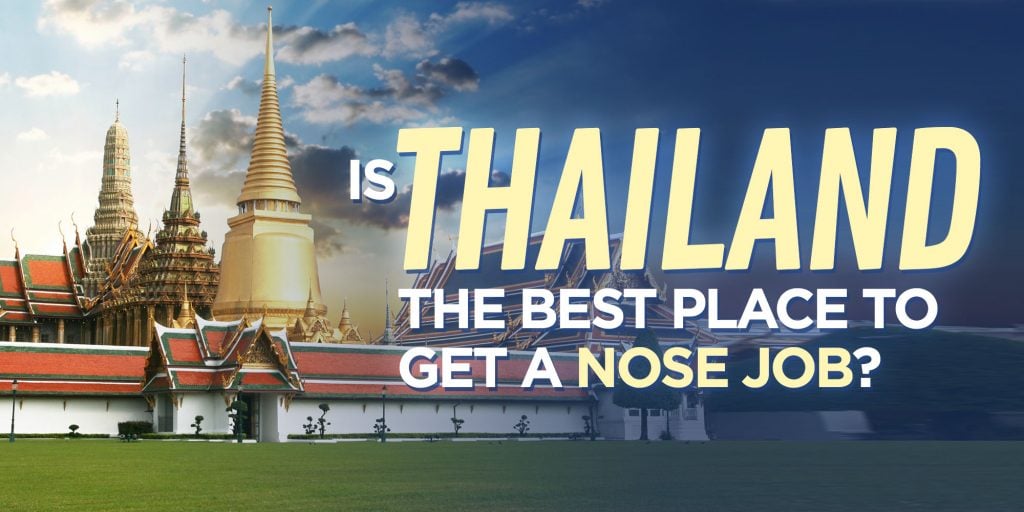
Medical tourism is a booming, multi-billion dollar industry. It is estimated that in 2014, approximately one million people traveled abroad from America to have a variety of surgeries that ranged from breast augmentation to organ transplant. Eighty percent of medical tourists cite lower cost as a reason to pursue procedures overseas. Other reasons include availability of procedures that are not offered in the United States or a preference to have surgery in one’s native country.
Recently, it was estimated that 439 billion dollars is spent annually on medical tourism, but that the number is expected to grow to three trillion by 2025! As these numbers increase, so does the demand for surgical and aftercare standards designed protect the patient. Traveling to foreign countries to receive surgery comes with a host of potential pitfalls, which spans from the challenging (communication difficulties), to the deadly (pulmonary embolisms). Other problems include infections, unsatisfactory results and sub-par medications, just to name a few. Standards and regulations that one takes for granted in the United States may not be instituted in other countries.
Infections are the most common complication that medical tourists encounter. This is often the result of exposure to multi-drug resistant organisms that are airborne in the environment of care. Recently, several U.S. residents who traveled to the Dominican Republic for cosmetic procedures contracted illnesses that resulted from exposure to rapidly growing mycobacteria, which causes pulmonary and cutaneous infections. Because of its drug resistance, this type of bacteria is notoriously difficult to treat. The patients in this group required various combinations of surgical intervention, hospital stays and months of anti-bacterial drug therapy once they were home. In 2015, a group of people who traveled to Germany for “live cell therapy” received sheep cell injections and subsequently came down with Q fever, which can range from mild to severe. Symptoms include fever, headache, nausea and weight loss. When researching overseas procedures, one should also keep in mind that products and devices used in other countries may not have been properly tested or meet FDA standards.
Oftentimes, medical tourism companies market these trips as excursions or vacations, but many activities that are associated with travel must be strictly avoided post-surgery. Generally speaking, patients should refrain from sunbathing, swimming, drinking and physical exertion immediately after invasive procedures. The American Society of Plastic Surgeons suggests waiting five to seven days to travel after procedures on the body and seven to ten days after facial procedures, which necessitates additional time and expense being devoted to healing rather than participation in vacation-related activities.
The majority of medical tourists (seventy percent) rate their medical care as excellent, but that is still a “C” grade. If you are considering traveling abroad for a surgical procedure, you should take several precautions to stack the odds in your favor. Consulting with a travel medical specialist is a good place to start. He or she can provide you with valuable information depending on the type of surgery you seek. The American College of Surgeons recommends that medical tourists use foreign facilities that have been internationally accredited (such as by The Joint Commission International, which is the gold standard in global healthcare). Consult the American Society of Plastic Surgeons website to view a list of questions you should ask foreign providers prior to scheduling your operation.
The phenomenon of medical tourism shows no signs of slowing down. Traveling abroad for procedures can yield positive results (just as surgeries performed in the United States can be botched), but because facilities and doctors in other countries may not be strictly regulated, one’s ability to access or authenticate training and credentials may be difficult. The lack of certain safeguards and training requirements must be seriously considered and accepted at one’s own peril. Individuals who travel abroad to undertake surgery (no matter how minor) face many inherent risks. Do your homework beforehand in order to set yourself up for the best possible outcome.
Some of the links on this website are affiliate links, and as an Amazon Associate, we may earn an affiliate commission from qualifying purchases – at no cost to you.
This website is for informational and/or entertainment purposes only and is not a substitute for medical advice, diagnosis, or treatment.
© 2025 Drew Pinsky Inc. | All Rights Reserved
Get alerts from Dr. Drew about important guests, upcoming events, and when to call in to the show.
For text alerts, msg and data rates may apply